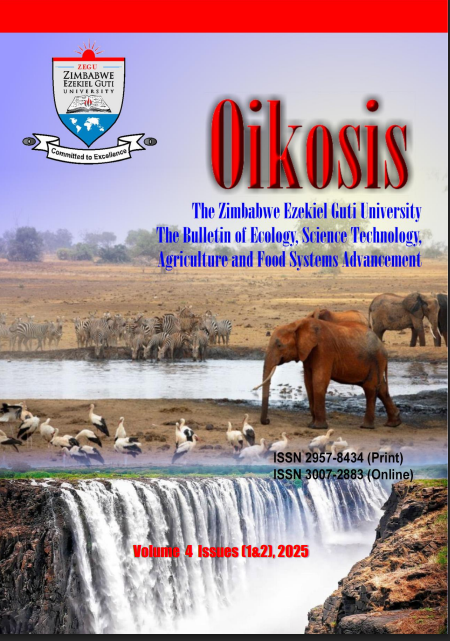Adapting Learning Management Systems to Zimbabwean Cultural Contexts: Enhancing User Engagement through Localised Design
DOI:
https://doi.org/10.71458/n41tak21Keywords:
Digital Exclusion, Culturally Adaptive LMS Learning Management Systems, Cultural Adaptation / Culturally Adapted LMS Infrastructural Limitations Ubuntu Philosophy / Collectivist Learning Low-Bandwidth Optimisation Digital DivideAbstract
The adoption of Learning Management Systems (LMS) in Zimbabwe faces significant challenges due to infrastructural limitations, socioeconomic disparities and cultural mismatches. While e-learning holds transformative potential, its effectiveness is hindered by poor internet connectivity, high data costs and Western-centric LMS designs that conflict with Zimbabwe’s collectivist learning culture rooted in the ubuntu philosophy. This study explores how LMS platforms can be culturally adapted to enhance user engagement, accessibility and educational outcomes for Zimbabwean learners. Through a qualitative multi-methods approach, combining document analysis of Scopus-indexed literature and qualitative interviews with university educators, the research identifies key barriers, including infrastructural deficits, linguistic exclusion and institutional policy gaps. Findings highlight the need for localised LMS designs incorporating indigenous languages (Shona, Ndebele, etc.), low-bandwidth optimisation and collaborative learning features aligned with Zimbabwean pedagogical traditions. The study also underscores the importance of user-centred design (UCD) and policy interventions to bridge the digital divide. Recommendations include subsidised internet access, faculty training in digital literacy and culturally responsive LMS interfaces. By integrating these strategies, Zimbabwe can foster inclusive, equitable and effective e-learning ecosystems that align with local cultural and infrastructural realities.




